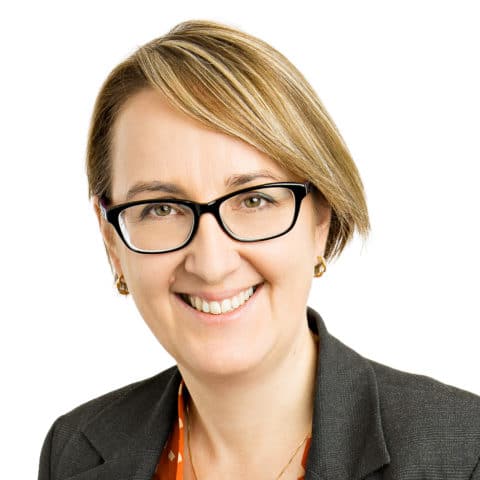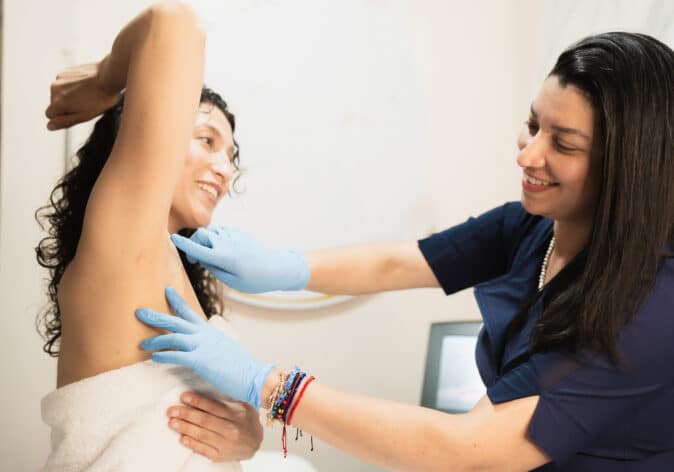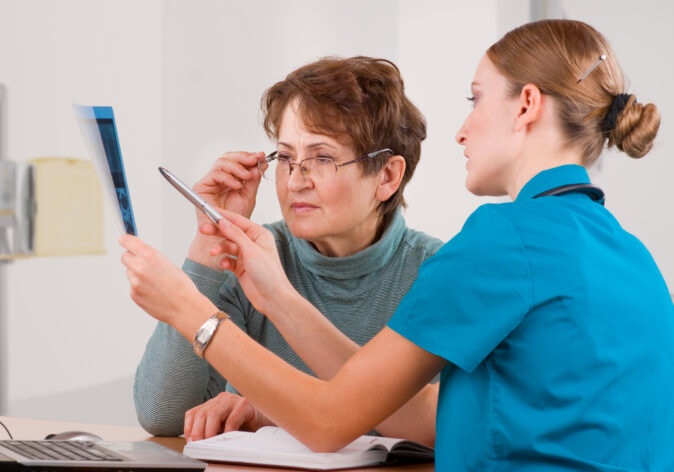Breast Cancer Patients Have An Increased Risk Of Cardiovascular Disease
If you have received a breast cancer diagnosis you are at a higher risk of cardiovascular disease than those without.
According to Professor Bogda Koczwara, there are a number of reasons for why this is.
Professor Koczwara is a medical oncologist and Senior Staff Specialist at Flinders Medical Centre.
She said a key reason is the risk factors for both diseases overlap to a significant extent.
“So, the same risk factors that give you cancers also give you cardiovascular disease,” she said.
“We know if you have cancer, you’re more likely to develop cardiovascular disease.”
“And we’ve just recently learned that if you’ve got cardiovascular disease, you’re more likely to develop cancer.”
Professor Koczwara said researchers suspect that the mechanisms for development of cardiovascular disease and cancer are likely to be overlapping.
“I think that requires further research, but it relates to tissue damage, premature aging, and perhaps cancer and cardiovascular disease are somewhat different manifestations of very similar overarching processes.”
“The final thing is cancer treatments seem to impact on the body in such a way that they may accelerate cardiovascular disease, either through direct impact on the heart muscle or through impact on vasculature.”
“But more anti-cancer drugs for breast cancer than not, have some form of side effect that relates to cardio-vascular health.”
Listen to the podcast
Patients with breast cancer have higher rates of cardiovascular disease. Professor Bogda Koczwara explains why & what patients & doctors should be aware of to protect heart health.
How You Can Help Protect Your Heart Health
There are important considerations practitioners should take when treating breast cancer patients to protect heart health according to Professor Koczwara.
“The first thing to do is to recognise that patients with cancer also have other conditions and to recognise there is maybe an interaction between those conditions.”
“That would mean, taking sufficient history to recognise patients risk factors and comorbidities, and factoring that into decision making process.”
Professor Koczwara said breast cancer patients should consider if they have any modifiable risk factors to protect their health.
“We know already that common risk factors for cardiovascular disease which also adversely impact breast cancer outcomes are obesity, inactivity, smoking, and they need to be managed.”
“Their management would be beneficial in terms of improving breast cancer outcomes, but it would also be beneficial in terms of improving cardiovascular outcomes.”
Professor Koczwara said if your oncologist or treating physician is concerned about your heart health or risk factors, there is services and programs available which you can be referred to.
She also said it is important for your physician to revisit these issues on a regular basis.
“Sometimes patients might not be in the right headspace to deal with those issues at the beginning, at the time of the initial diagnosis, and they may wish to return to those issues later.”
“Sometimes they might be eager to do something that is good for their health at the beginning and that should also be accommodated.”
“So, I think the key message is that the vision for supporting women with breast cancer and patients with breast cancer, goes beyond just providing anti-cancer treatment.”
Am I More At Risk Of Heart Issues If I Have Breast Cancer In My Left Breast?
Professor Koczwara said this is not a silly question to ask.
“The answer is yes, because you’re quite likely to have radiation treatment on the left side and the left sided radiation treatment would increase the risk of potential complications, in contrast to the right sided treatment.”
“If you don’t have radiation treatment, if you don’t have local treatment, then the risk is not magnified.”
However, Professor Koczwara said this is only one risk factor, that is safely managed, and patients should focus on how to best manage risk factors related to overall health.
“I think you should be more concerned about your cardiac health if you’re obese, if you have high blood pressure, if your lipids are elevated, if you’re inactive etc.”
“The site of radiotherapy is only one part of that story and these days with appropriate precautions for radiation treatment, a radiation oncologist would argue that the risk is not that great but I think you need to consider all the risk factors and manage them, because many of them are modifiable.”
“So, patients who are diagnosed with breast cancer can watch their weight, can exercise, can maintain a healthy diet, not smoke etc and those will go a long way to preventing long term adverse complications of their cancer and the cancer treatment.”
Support Us
Help us to change lives through breast cancer clinical trials research




